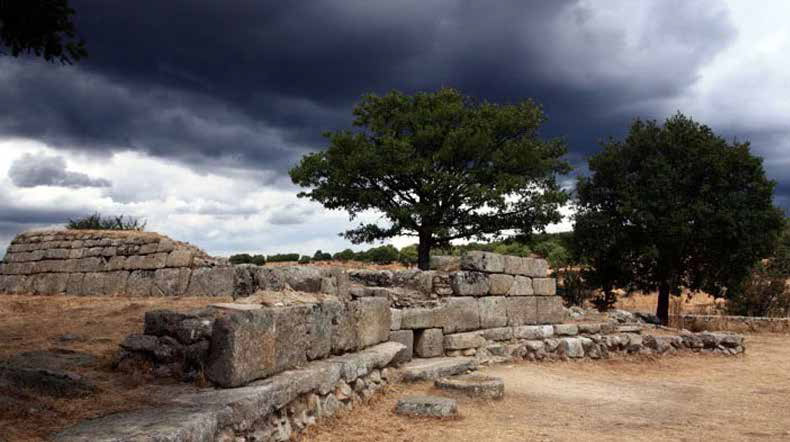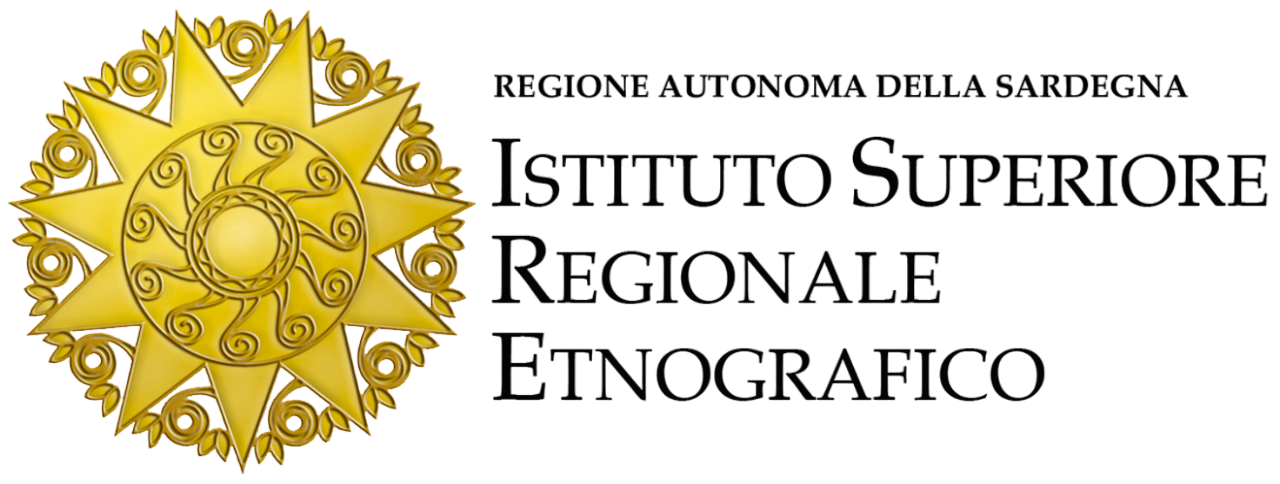Italia 2018
DCP, colore, 52 min.
v.o. italiano
Regia e sceneggiatura/Written and directed by
Fabrizio Galatea
Fotografia/Cinematography
Claudio Marceddu
Montaggio/Editing
Andrea Lotta
Suono/Sound
Biagio Gurrieri
Montaggio del suono/Sound editing
Vincent Marie Bouvot, Tristan Pointécaille
Musica/Music
Fabio Viana
Cast/Cast
Anna Carta, Gian Paolo Mele, Francesco Mariani, Piero Bardanzellu, Donatella Turri, Dolores Turchi, Giuseppe Maria Saba
Produttori/Producers
Massimo Arvat
Contatti:
arvat@zenit.to.it
La “femina accabadora” è una donna che praticava un’antica forma di eutanasia, un atto pietoso nei confronti del moribondo, con un secco colpo di martello. Da molti considerata una figura leggendaria della tradizione sarda, stando agli intervistati del film, testimoni oculari delle gesta delle dame della buona morte, ha agito fino agli anni ’60 nei paesi dell’interno dell’isola. Per mezzo dei loro racconti, accorati e dettagliati, intraprendiamo un viaggio attraverso i paesaggi solari della Sardegna per scoprire le zone d’ombra di una cultura millenaria ancora viva nel presente, che riporta allo scoperto interrogativi sulla morte sempre attuali. Ma l’indagine intorno a una figura da molti negata (o rinnegata) spalanca un dibattito che si fa culturale e teologico, intrecciando percorsi di fede e necessità sociali, per arrivare al cuore più profondo della questione: la libertà individuale di scegliere il proprio destino, e con esso anche la propria fine.
The "femina accabadora" is a woman who practiced an ancient form of euthanasia, a pitiful act towards a dying man, with a dry hammer blow. Considered by many to be a legendary figure of the Sardinian tradition, according to the film's interviewees, eyewitnesses to the deeds of the ladies of the good death, she had been acting until the 1960s in the interior of the island. Through their stories, heartfelt and detailed, we embark on a journey through the sunny landscapes of Sardinia to discover the shadowy areas of a millenary culture that still lives in the present and brings to the fore questions about death that are always current. But the investigation around a frequently denied figure, between mysticism and denial, opens up a debate that becomes cultural and theological, weaving paths of faith and social needs, to reach the deepest heart of the question: the individual freedom to choose one's own destiny, and with it one's end.

Fabrizio Galatea si diploma come Regista Programmista dall’Università di Torino. Tra le varie opere all’attivo ha realizzato il documentario Murge –Il fronte della guerra fredda (2012) e i percorsi multimediali per il museo Cantiere del '900 di Intesa Sanpaolo e per Palazzo Leoni Montanari a Vicenza. È socio fondatore e consigliere d’amministrazione di Zenit Arti Audiovisive.
Fabrizio Galatea graduates as a Program Director from the University of Turin. Among his various films the documentary Murge - The Front of the Cold War (2012) and the multimedia paths for the Cantiere del 900 museum of Intesa Sanpaolo and for Palazzo Leoni Montanari in Vicenza. He is a founding and board member of Zenit Arti Audiovisive.

